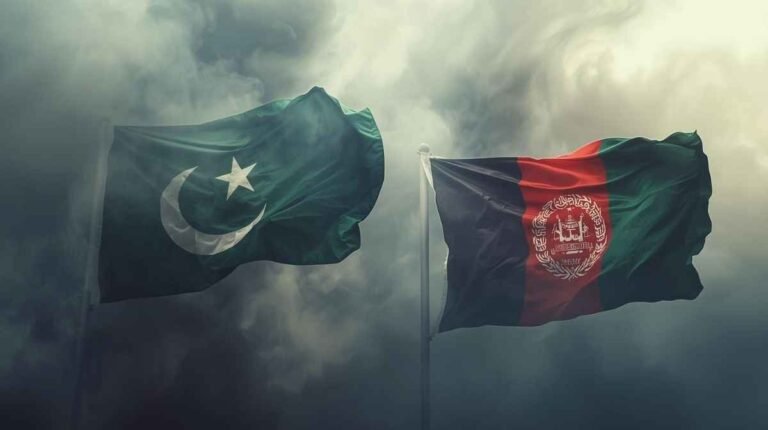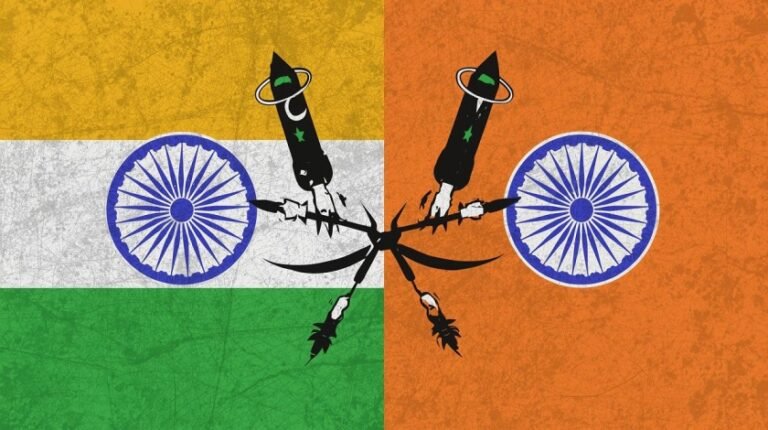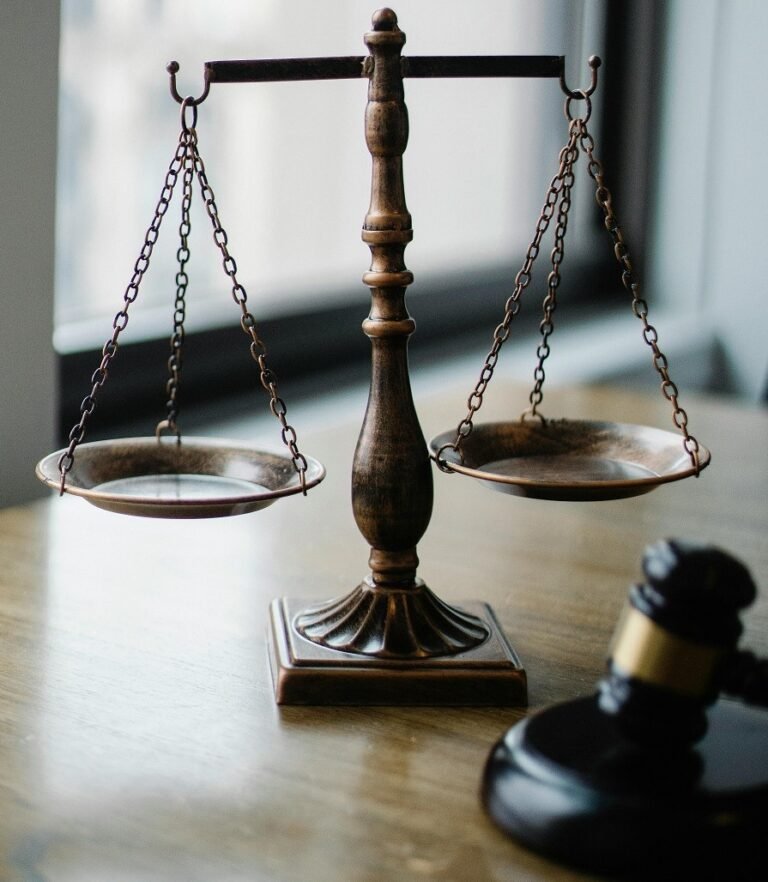Is Freedom of Speech Finally Winning in Pakistan? The Islamabad High Court, in a landmark decision, struck down the Pakistan Tehreek-i-Insaf (PTI) government’s draconian Prevention of Electronic Crimes Act (Peca) Amendment Ordinance 2022, as well as the criminal defamation part of Section 20 of the Prevention of Electronic Crimes Act 2016, passed by the Pakistan Muslim League-Nawaz (PML-N) government.
It has far-reaching implications for Pakistan’s right to freedom of expression. However, to comprehend them, it is necessary to look at the history of PECA’s Section 20 and the short-lived Amendment Ordinance, who it touched the most, and what this means for Pakistan’s future freedom of speech.
Section 20 of PECA
The previous PML-N government enacted Section 20 of PECA in 2016, promoting it as a safeguard for women who are slandered online. Several interactions with politicians revealed that they wanted this clause to apply to slander committed against them and their families as well. Civil society organizations, media organizations, and human rights advocates had warned that such a clause would be open to abuse.
What activists didn’t realize at the time, according to digital rights activist Fariha Aziz’s report for the Human Rights Commission of Pakistan (HRCP), was that Section 20 would become the go-to tool for alleged harassers to silence survivors who speak up about their experience of harassment on social media.
Furthermore, in the high-profile case of singer Ali Zafar vs. vocalist Meesha Shafi, who accused him of sexual harassment, Zafar filed a Section 20 complaint against women and men who spoke out in support of Shafi. They had to go to court once a month, traveling to Lahore from all over the country, only to find proceedings had been postponed.
Their absence would result in arrest warrants, given that it was a criminal complaint.
Argument against Section 20
The amount of torture and further trauma this clause has caused to innocent people is unbelievable. What kind of justice can well-intentioned supporters of harassment survivors, as well as survivors themselves, expect from a system that threatens them with arrest for just speaking about or validating another’s experience?
Section 20 was also used against journalists who reported or made comments on sensitive topics, mostly involving the military and a few members of the last PTI-led government. According to the study Criminalizing Online Dissent Through Legal Victimization by the Freedom Network, 23 lawsuits were filed against journalists under PECA, with the majority of them falling under Section 20.
Some instances sought harm to the military or judiciary, but these were dismissed because the provision mentions “natural person.” The Federal Investigation Agency (FIA) was called in to investigate similar situations, and some journalists were detained as a result of the law.
Case of Mohsin Baig
In the case of media tycoon Mohsin Baig, his home was stormed by armed plainclothes officers, who were later joined by uniformed police officers, only half an hour after then-federal minister Murad Saeed filed a complaint against Baig for statements made on a TV show the day before.
This is why the PTI-led government passed the PECA Amendment Ordinance, which deleted the “natural” part of the word “person” and expanded the law to organizations and institutions. This came after attempts in Parliament to criminalize military criticism by revising Section 500 of the Pakistan Penal Code (PPC) of 1886 failed.
The amendment also removed the need that the complaint is the offended party and extended protection to the “reputation” of public authorities. The ordinance also made it easier to arrest and jail the accused. All of this was done to quiet criticism of state institutions and officials, which Pakistanis, like voting and taxpaying citizens, have a right to under the Pakistani Constitution’s fundamental rights.
Islamabad High Court’s Verdict
Criticizing the concept of criminal defamation, Chief Justice Athar Minallah of the Islamabad High Court ruled that “the criminalization of defamation, the preservation of individual reputations by arrest and incarceration, and the resulting chilling effect” violated the Constitution. He went on to say that the “offense under Section 20 of the Prevention of Electronic Crimes Act, 2016, to the extent that the language ‘or affects the reputation’ and the punishment for it are unconstitutional, invalid beyond a reasonable doubt, and are, therefore, struck down.”
Justice Athar Minallah effectively decriminalized slander, at least on the internet in Pakistan, with these words. Sections 499 and 500 of the PPC will be affected if criminal defamation is declared unconstitutional. The court also ordered the federal government to evaluate other defamation statutes, including the civil law Defamation Ordinance 2002. Both civil and criminal alternatives are utilized to impose pressure in various defamation instances.
Furthermore, the Islamabad High Court ordered that the FIA, which is the designated investigating agency for PECA cases, be examined for “widespread abuse of powers and significant abuses of individuals’ fundamental rights.” These are well-documented incidents.
Stance of HRCP
The ordeal women and other complainants have had to face are haunting, according to Aziz’s report for the HRCP: lost files, notices and summonses with insufficient information, officers’ unprofessional and intimidating attitude, a lack of female officers to assist women in sensitive cases, a lack of adequate forensic investigation capabilities, and a lax attitude at the courts are all too common.
In addition, the FIA has failed to submit its biannual reports to parliament, as required by PECA for legislative supervision.
Now that the PECA Amendment Ordinance and the criminal defamation portion of Section 20 of PECA have been struck down by the courts, there are two essential lessons for political parties to learn from this experience.
Political Support against PECA
First, political parties must recognize that, no matter how appealing it may be to pass legislation to prosecute opponents, such legislation will inadvertently be used against them once they lose power.
This was the experience of the PML-N near the end of its previous term, and the PTI has already begun to face extra-legal “investigations” for its social media activities in the aftermath of Imran Khan’s no-confidence vote and resignations from the National Assembly.
Imagine if the draconian law altering PECA had not been struck down by the court: the PTI would be enmeshed in hundreds of cases and FIA arrests. The ordinance was annulled as a result of civil society action petitions.
Second, the practice of ramming legislation through parliament or outside of it must be abandoned. Whether it was the PML-N, which had a majority in parliament when PECA was approved, or the PTI, which tried to change it through an ordinance that bypassed parliament, the lack of stakeholder input is evident in the final product, which the courts must then overturn.
Only laws that are based on the well-being of citizens can endure the test of time. Malicious purpose in legislation is obvious, harms a political party’s reputation, is frequently used against the party that introduced it, and is finally overturned.
Fundamental rights must be protected in their entirety rather than provisos being exploited for myopic objectives at the end of the day.
More from TNF: Best cultural sites in Pakistan to visit in 2021
For the time being, the FIA is closing 7,000 cases and investigations under Section 20. This should provide some comfort and healing to all those who have been victimized by the misuse of such a broad and vague legal tool to restrict basic freedom of speech.








